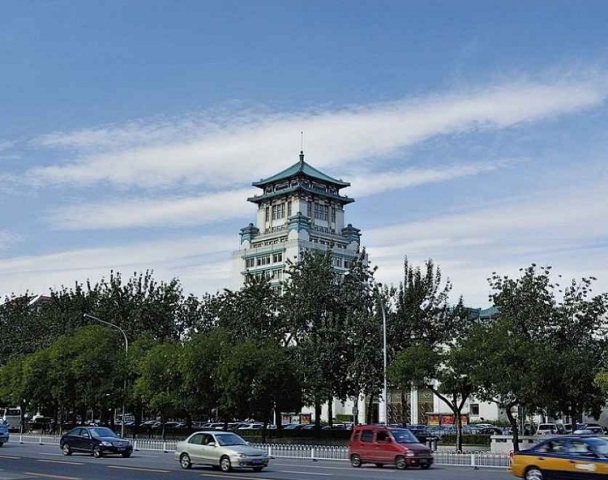Beijing is the capital city of China. Check out some interesting and fun facts about Beijing.
Facts About Beijing
Beijing is the capital of China and also its second largest city, after Shanghai. It is situated on the northern tip of the rough triangular North China Plain. The Great Wall of China stretches along the northern part of Beijing Municipality, which is the greatest tourist attraction for the visitors coming to the city. Another attraction in the city is the ‘Forbidden City’, which is centrally located in Beijing. It is the ancient imperial palace of the emperors of China and is famed to be the world’s largest surviving palace complex. Being walled on all sides, the complex area was called the Imperial City. Beijing is significant in a number of ways and attracts visitors from all over the world. While in Beijing, you cannot miss out Tiananmen Square, the Temple of Heaven, the Summer Palace, Great Wall of China and the Forbidden City. In order to find out more about this great ancient capital and have a great experience while you are in the city, read on.

Fast Facts
- Beijing is the capital city of People’s Republic of China.
- Beijing is the second largest city in China.
- The Summer Olympics 2008 will be held in Beijing.
- Beijing was known as Peking in Imperial China.
- There are 16 districts and 2 counties in Beijing.
- China Rose or Chrysanthemum is the city flower of Beijing.
- The city tree of Beijing is Arborviate or Chinese Scholar Tree.
- Beijing is referred as the one of the ‘Four Great Ancient Capitals of China’.
- Beijing is the major transportation hub of the country, as it houses many roads and railways.
- Beijing is the political, cultural and educational nerve center of China.
- Beijing is one of the four municipalities (equivalent to provinces in China's administrative structure) of the People’s Republic of China.
- The term 'Beijing' literally means ‘Northern Capital’.
- Beijing was renamed Beiping in 1928 (after the success of the Kuomintang (KMT)'s Northern Expedition), but given back its original name in 1937 (during Japanese occupation).
- On an average day, the air pollution levels in Beijing are nearly five times above World Health Organization standards for safety.
- People from other provinces started moving into the country, which further increased the existing population of the capital city of Beijing.
- The city of Beijing is very old and dates back to about 3,000 years with rich and long history.
- When comparing the development stages of Beijing, the rate at which it transformed is very impressive. Especially after hosting Olympics, great modernization changes have occurred to the country and the city has expanded to a great extent.
- There is considerable amount of pollution in Beijing and one can easily see smog in the environment. The level has exceeded 5 times compared to the standards set by the World Trade Organization
- Most of the people of Beijing have a surname ‘Wang’ as per the statistics of 2006.
- The population of the city is considerably high which approximates up to 15 million which is much more than that of London.
- Tiananmen Square, located in the heart of the Beijing, is the largest square in the world.
- Forbidden City, located at the north of Tiananmen Square, has 1,000 rooms.
- The people of Beijing are very fond of bikes and so Beijing is referred as ‘bike capital of the world’. On the roads, there are separate lanes for the bikers.
- While visiting Beijing make sure to learn a few Chinese phrases because most of the Beijing citizens don’t speak English.
See also
More from iloveindia.com
- Home Remedies | Ayurveda | Vastu | Yoga | Feng Shui | Tattoos | Fitness | Garden | Nutrition | Parenting | Bikes | Cars | Baby Care | Indian Weddings | Festivals | Party ideas | Horoscope 2015 | Pets | Finance | Figures of Speech | Hotels in India : Delhi | Hyderabad | Chennai | Mumbai | Kolkata | Bangalore | Ahmedabad | Jaipur
- Contact Us Careers Disclaimer Privacy Policy Advertise With Us Lifestyle Sitemap Copyright iloveindia.com. All Rights Reserved.







